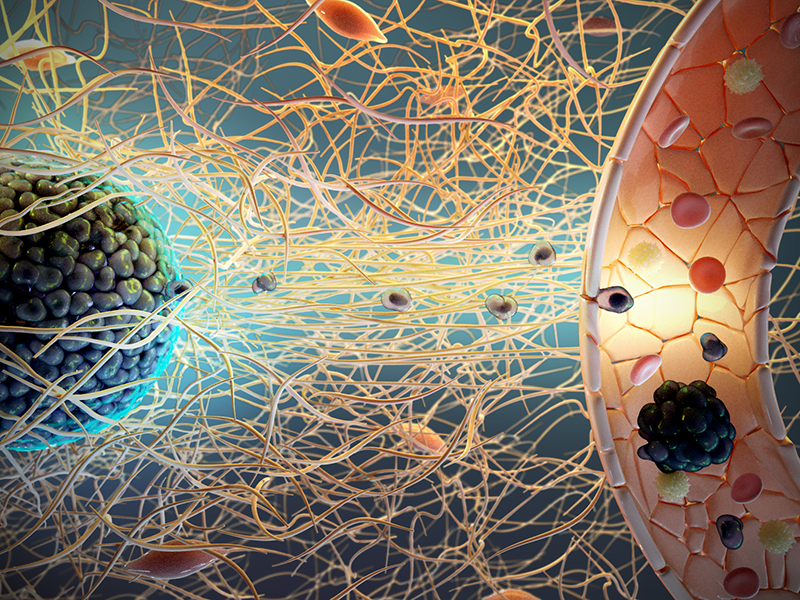Extensive studies into the role of the tumor suppressor p53 offer extra expertise on the genetic mutations which are at play in various forms of cancer, in addition to identifying 4 genes that may assist expect a person’s outlook.
The TP53 gene is accountable for encoding what scientists name tumor protein p53 — a tumor suppressor which could stop cells from dividing and proliferating too fast. Researchers have dubbed TP53 the “dad or mum of the genome” due to its vital position in preventing tumors and maintaining a mobile department in taking a look at it. Human
Cancers regularly feature mutations within the TP53 gene, inflicting one of the crucial defensive mechanisms against most cancers to fail. The first research that diagnosed TP53 mutations in human cancers seemed inside the Nineteen Eighties and, considering then; researchers have devoted a excellent deal of time and assets into clarifying its position in cancer. Now, the most important look of its kind uses tumor samples from over 10,000 most cancers patients and appears at 32 unique sorts of most cancers to better recognize the role of TP53.

Dr. Larry Donehower, a molecular virology and microbiology professor at the Baylor College of Medicine in Houston, TX, led the new research, which appears inside the magazine Cell Reports.
Telltale 4 genes can help our expecting outlook.
Dr. Donehower and crew used five specific records structures to extract 10,225 samples from 32 cancers. Using The Cancer Genome Atlas (TCGA), the researchers have been capable of comprehensively check the position of the p53 pathway in those 32 cancers. Dr. Donehower and associates then compared the TCGA records with another database of eighty 000 genetic mutations that Dr. Thierry Soussi — a professor of molecular biology at Sorbonne University in Paris, France — had assembled over a period of 30 years. The researchers discovered that TP53 mutations befell more frequently in folks that had a poorer outlook. Furthermore, the analysis found that “More than 91% of cancers with TP53 mutations display a lack of each useful TP53 alleles,” or gene editions.
Dr. Donehower explains: “In some cancer genes, you’ll see one copy of the two genes misplaced or mutated; however, “over ninety-one percent of all cancers lose each TP53 gene, no longer simply one. The 2nd allele loss, write the authors, took place using “mutation, chromosomal deletion, or reproduction-neutral loss of heterozygosity” — that is, gene duplication. The lead researcher also notes that this final process passed off lots greater frequently than they previously believed. It will give you a better photo of how he’ll fare than just understanding whether he is mutant for TP53 or not,” maintains Dr. Donehower.
Finally, they take a look at strongly related TP53 mutations with genomic instability, a finding this is in line with TP53’s typical position because of the “guardian of the genome. Dr. Donehower’s feedback on the uniqueness of the brand new research, saying, “Most studies on TP53 focus on one cancer type.” Looking at 32 different cancer kinds, you spot that positive styles maintain up irrespective of cancer kind. Study co-creator and director of Cancer Genomics at Baylor College of Medicine, Dr. David Wheeler, also remarks on the findings’ significance. He says: “Since TP53 is one of the most critical gatekeepers in cancer prevention, the better we recognize this gene, the higher able we can be to apprehend the simple biology of most cancers. That will cause higher treatments.”
 Fit Netion My WordPress Blog
Fit Netion My WordPress Blog



